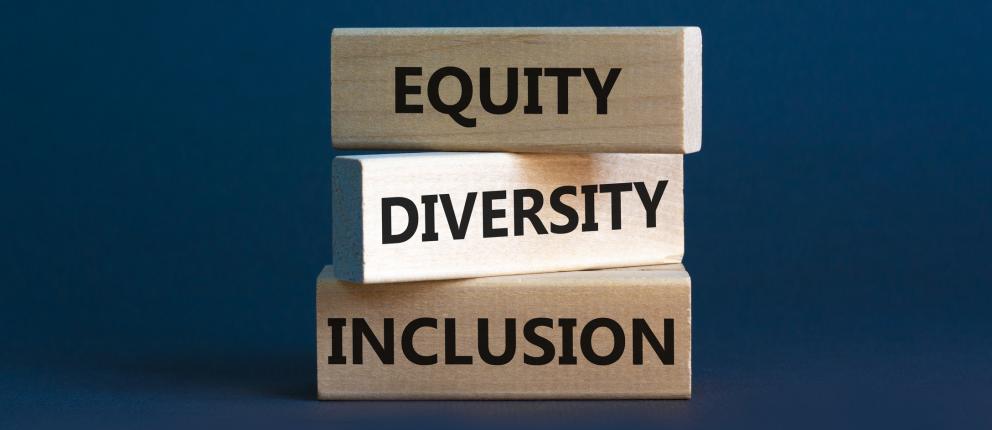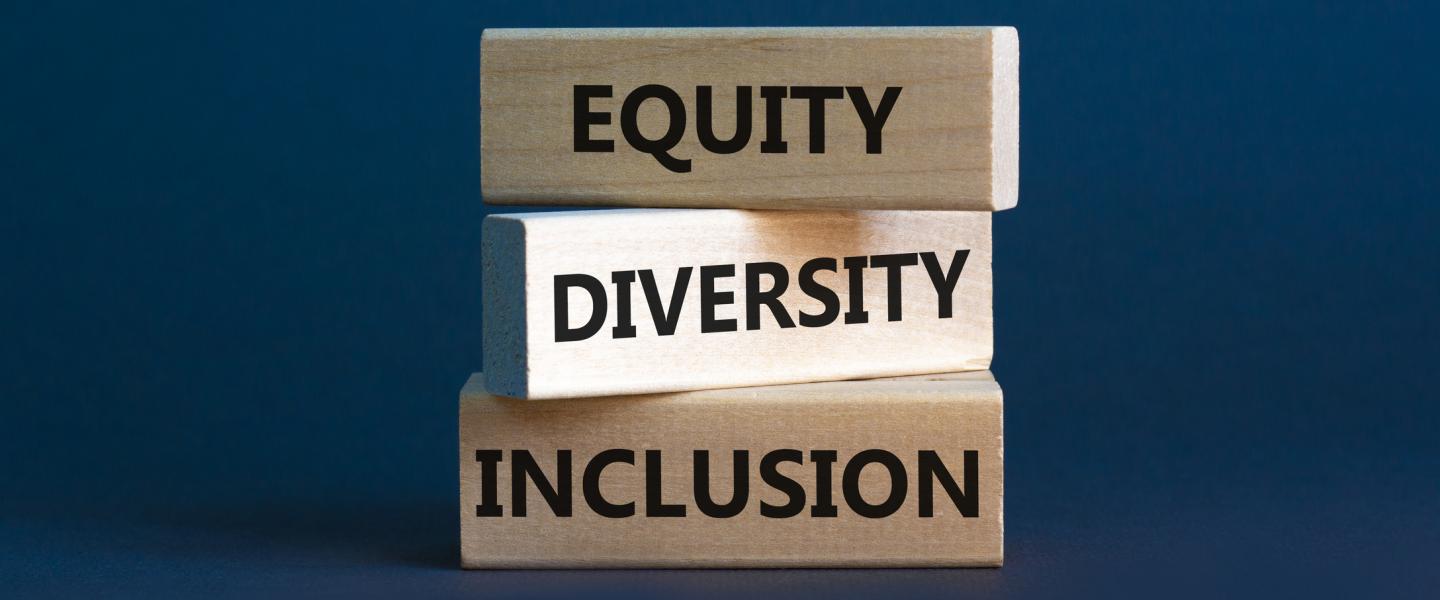Guiding Principle
Bastyr University's DEI Strategic Framework is founded on the principle that diversity, equity, and inclusion work is everyone’s responsibility. Each member of the Bastyr community must play an active role in creating and nurturing an inclusive and equitable community where each one feels seen and heard and belongs.
Overarching Goal
The goal of the framework is to provide a structure for the development and implementation of the DEI Action Plan. Ultimately, the intention is to create an ecosystem of equity where the values of social justice, inclusion and belonging, community engagement, and health and education equity are woven into everything we do, and in the institutional structures we create at Bastyr.
Focus Areas
Ensure that the institutional and cultural conditions in the university provide a robust experience for students that is conducive to and supports their holistic growth and facilitates student learning and success from the beginning to the end of their time at Bastyr.
Identified Impact Areas
- Student Support Systems
- Grievance Process
- Student Mentorship
- Learning Success and Accommodations
Measuring Impact
Student Experience Surveys; Annual Climate Assessment; Tracking learning success outcomes related to learning accommodations and support/interventions
Design a robust and sustained learning and mentorship program around DEI and social justice that will provide university leadership (including Board), faculty, administrative staff and students with opportunities to develop DEI competencies/skills necessary for a learning and working climate that builds community across space and differences, welcomes a variety of perspectives, and cultivates a culture of belonging
Identified Impact Areas
- DEI Education and Competency Development
- Community Building
- Developing Structural Capacity (in terms of policies, processes, physical space)
Measuring Impact
Student Experience Surveys, Employee Experience Surveys; Annual DEI Climate Assessment; Feedback surveys from learning programs/workshop; Demographic data gathering analysis – trends related student admissions, enrollment, retention + faculty and staff recruitment, hiring, retention
Develop and nurture meaningful relationships and partnerships with the larger community focused on advancing the collective health, wellbeing, and security of the communities in which the university operates, especially among groups who are historically and currently marginalized because of their gender, race/ethnicity, socioeconomic status, or ability.
Identified Impact Areas
- Bastyr Community Initiative
- Social Justice Partnerships – BIPOC, LGBTQ+, other historically marginalized groups
- City/Government Partnerships
- Higher Ed Partnerships
Measuring Impact
Student Experience Surveys, Employee Experience Surveys; Tracking number and types of partnerships; Partnership/project impact evaluations
Create opportunities to support and advance research and knowledge production in the natural health arts and sciences around equity and inclusion in health care, with a view to sharing and applying this knowledge to address inequities and injustices in the health care system.
Identified Impact Areas
- Center for Social Justice and Diversity programming and research initiatives
- University-wide Research (Faculty and Students)
- Inclusive curriculum development; Inclusive clinic/"shift" best practices
Measuring Impact
Tracking number and types of research initiatives and publications (in coordination with URC); Tracking reach of research (in coordination with URC, Library and Marketing) – who is/what communities are referring to or using our research? Where are we distributing our research?

